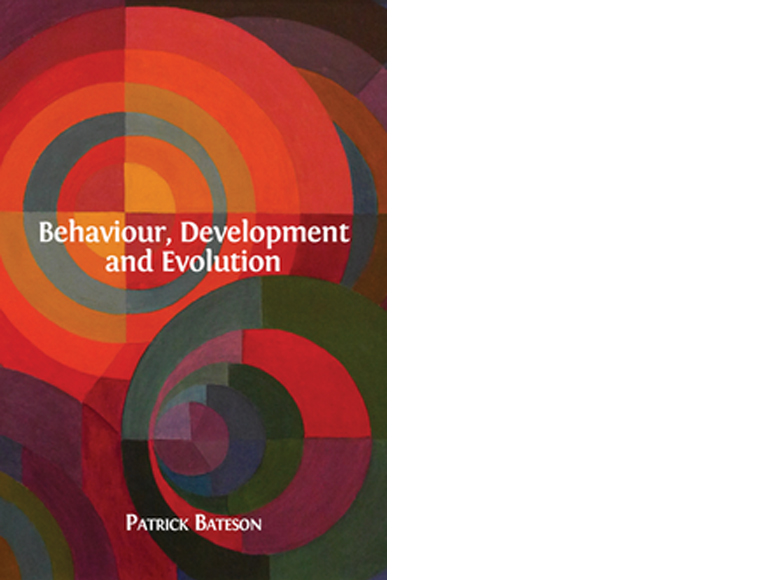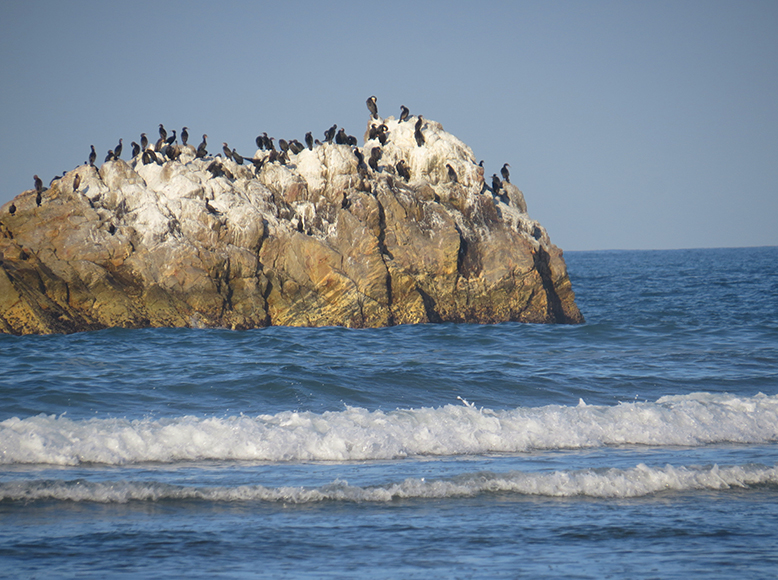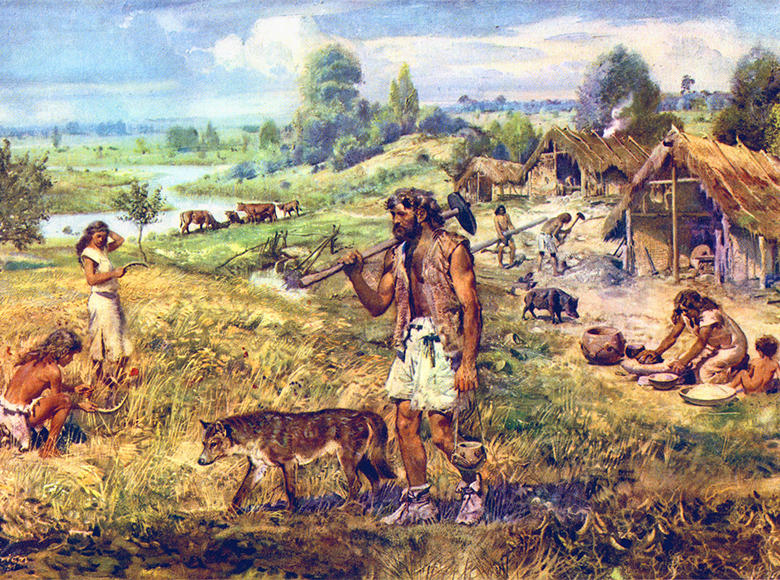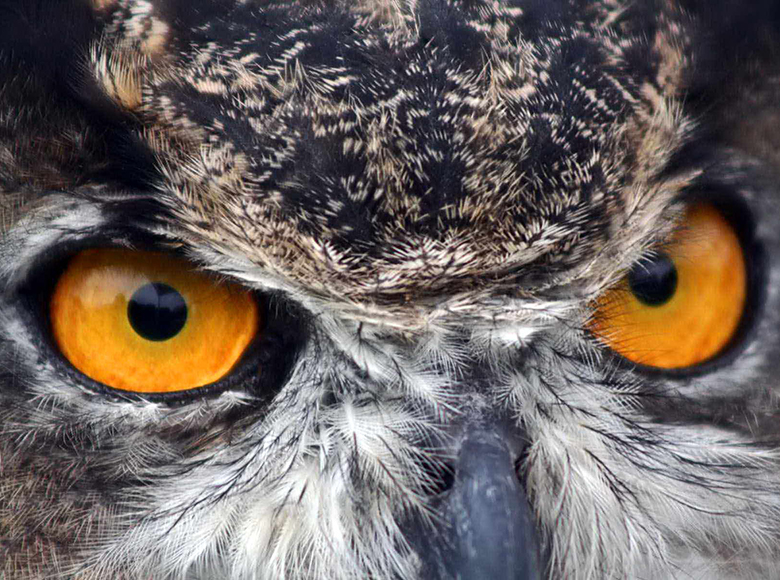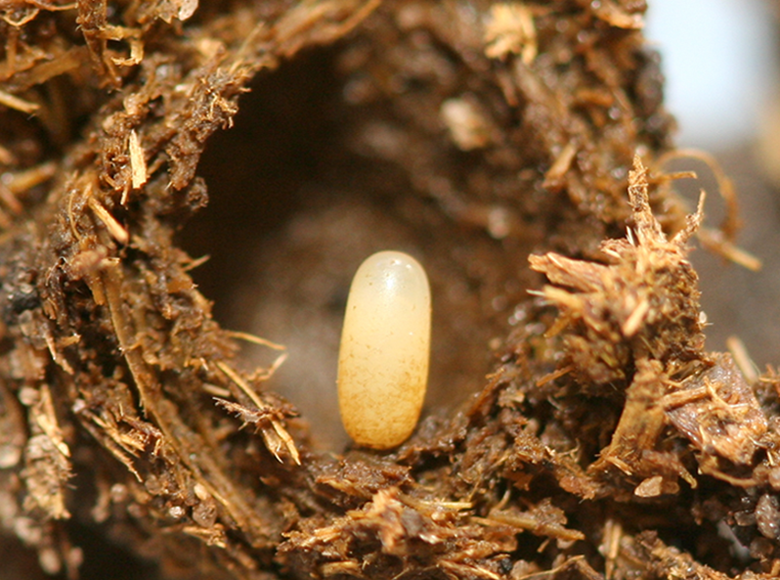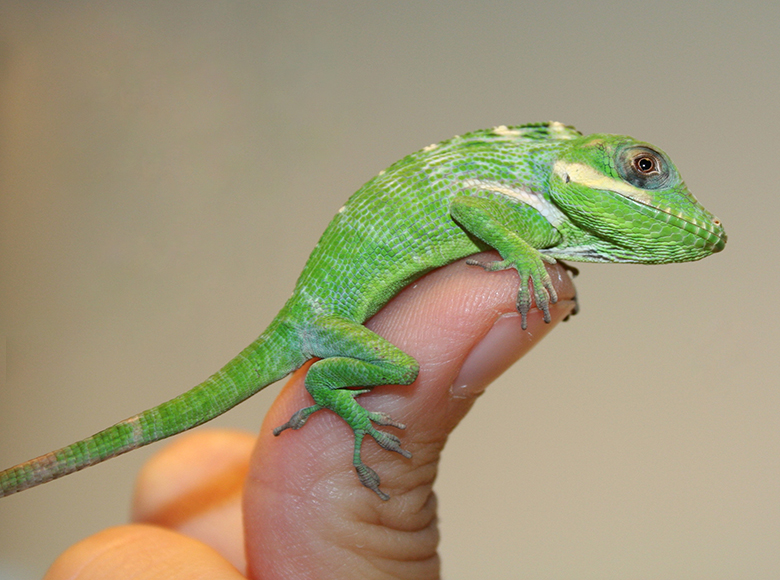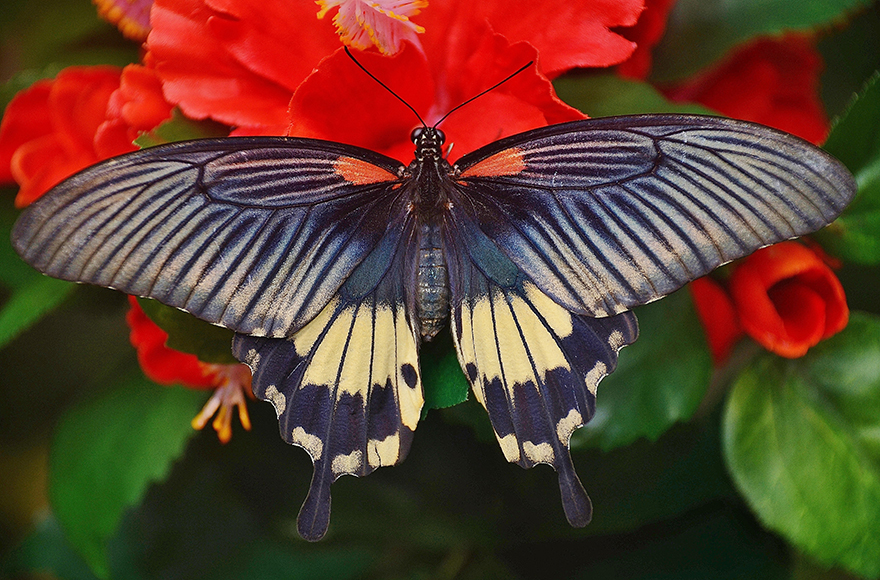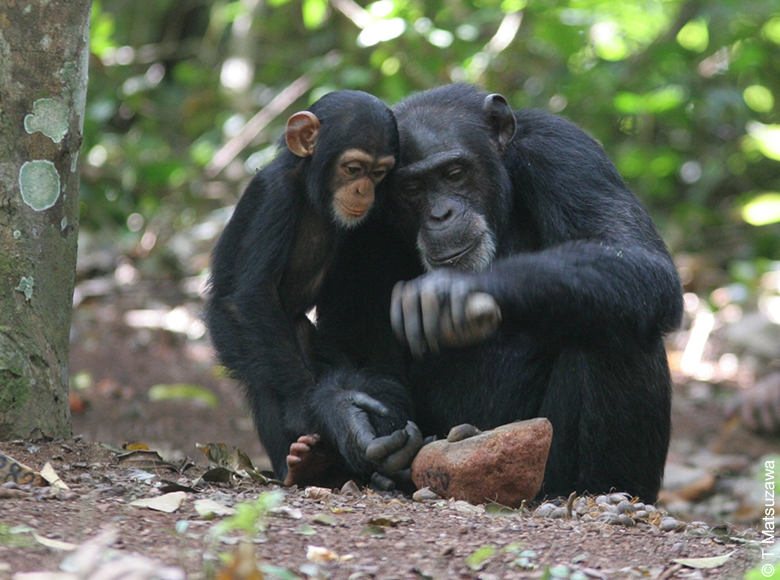Behaviour, Development and Evolution
by Sir Patrick Bateson
In my latest book, Behaviour, Development and Evolution, I take a systems biology approach to understanding the evolution and development of behavior. Themes that run though the book are the adaptive processes that result in the appearance of design in nature; the active role of the organism in development and evolution; and an emphasis on whole
read more